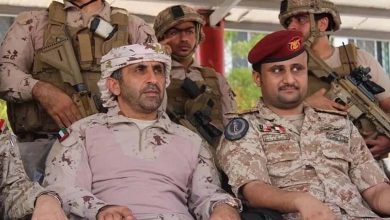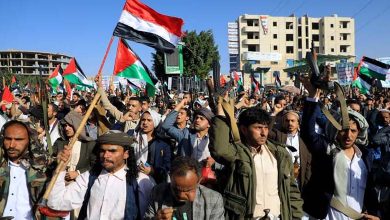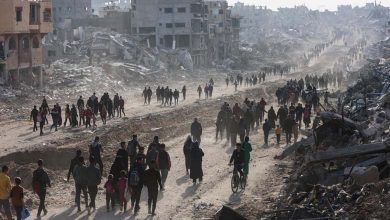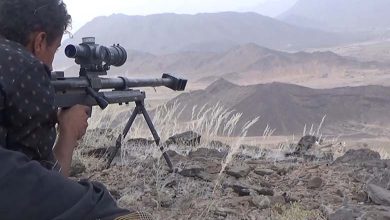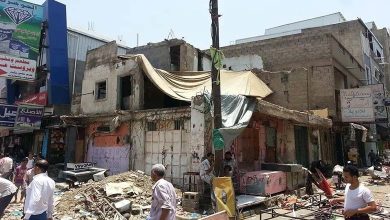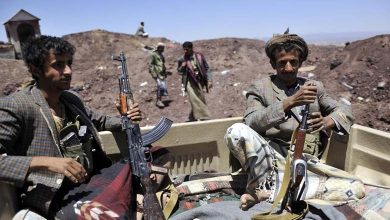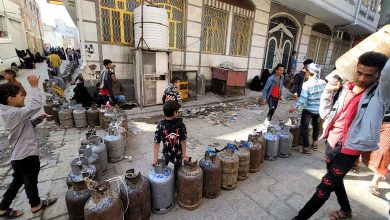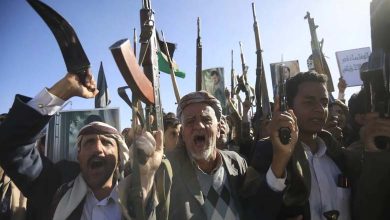The designation of Houthi militia as a Terrorist group between supporters and opponents
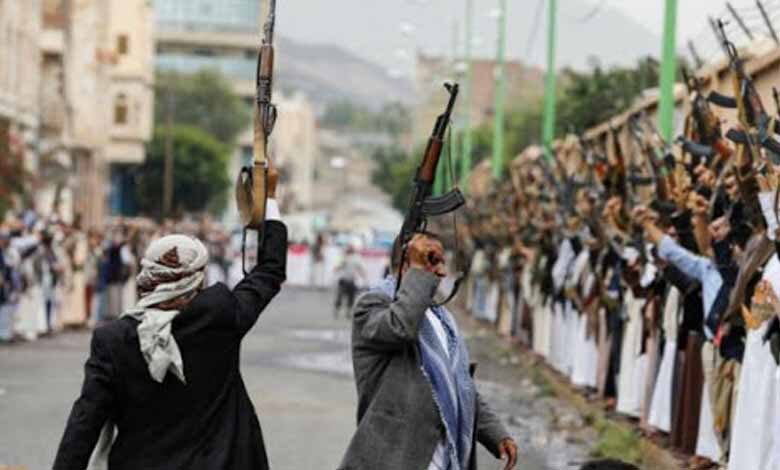
Recently, the United States classified Yemen’s Iran-backed Houthi militia as a terrorist organization, in a step criticized by the United Nations as having the potential to impact innocent civilians.
In fact, officials in Washington would not move. However they would guarantee the put of needed warnings for humanitarian aid to reach the most vulnerable region in Yemen.
It should indicate that the US Secretary of State Mike Pompeo wanted to classify the Houthis as a Foreign Terrorist Organization (FTO) and as a Specially Designated Global Terrorist (SDGT) entity.
Moreover, UN Yemen mediator, Martin Griffiths, UN aid Chief Mark Lowcock and UN food Chief David Beasley released their alerting, on Thursday, during a Security Council gathering on Yemen. A UN spokesman related that the UN Secretary-General Antonio Guterres supported the demand by his officials for Washington to return on the designation.
Whereas, a State Department spokesperson stated that the US continued to back the UN Special Envoy’s efforts, but we recognize that his efforts have been at an impasse for some time due in large part to Ansarallah’s refusal to engage with him productively.
On his part, Pompeo, the top US diplomat, said that the classification would implemented on January 19, he also said that this designation aimed to advance efforts to achieve a peaceful, sovereign, and united Yemen free from Iranian interference and at peace with its neighbors.
About the Yemen war for long years, Pompeo expressed his disappoint with those responsible for obstructing peace and appealing for them to be held accountable for their actions. Indeed, Yemen’s Houthis still attacking Saudi Arabia with rockets and missiles, and the militia is trained, armed and funded by Iran.
What do these designations mean?
Otherwise, the classification freezes any US-related assets of the Houthis, prevents Americans from doing business with them, and provides support or resources to the movement as a crime.
Pompeo also said that the classification was meant to push a political track and return to dialogue to the maximum extent possible, adding that the political operation had produced limited results over several years, which compels us to look for additional means by which to change the behavior of the Houthi militia.
On the other hand, the Rubin Family Fellow in the Bernstein Program on Gulf and Energy Policy at the Washington Institute for Near East Policy, Elana DeLozier, considers that the designation was borne of frustration.
DeLozier informed Al Arabiya English: The [Trump] administration sees designation as one of the few tools left in the US toolbox capable of providing leverage against the Houthis. Adding: Not only is the designation aimed at targeting the Iran-backed militia, but the Yemeni government also hopes such a listing will grant leverage in negotiations, but also raises the cost of aligning with the Houthis.
A Houthi spokesman informed, on Thursday, Reuters, that they would not walk away from peace talks with the UN and Saudi Arabia despite the recent designation, which was lauded by Riyadh and other Gulf states.
UN criticism
Nevertheless, the United Nations rapidly denounced the designation, and officials appealing for a return on this move and alerting of a famine in Yemen.
Experts and members of the international community criticized Washington when there was news that it was considering the designation after the Yemeni militia continued to block efforts of achieving peace in the war-torn country. Besides, in the interior of Washington, Democratic lawmakers and officials also criticized the move.
Although, the US has pushed through and in a preemptive move anticipating blowback, and Pompeo declared that he recognized the concerns that the designations would impact Yemen’s humanitarian situation, and also announced plans to put in place measures to reduce their impact on certain humanitarian activity and imports into Yemen.
The US top diplomat explained that the US was ready to work with the UN, NGOs and other donors in order to mitigate the risk of further deteriorating humanitarian problems. Assistance from the US and other international organizations, including the UN, would persist to flow through waivers or licenses granted from the Treasury Department.
Pompeo also related: The licenses and guidance will also apply to certain humanitarian activities conducted by non-governmental organizations in Yemen and to certain transactions and activities related to exports to Yemen of critical commodities like food and medicine.
DeLozier indicated that the private sector imported 80 to 90 percent of Yemen’s food, saying: Banks would start refusing to do business with the Yemeni merchants until clear OFAC guidance is issued. The fear is that the Trump administration has not – and will not – do enough to stave off a potential famine before they leave office.
Also, the State Department official related that the US recognized the grave humanitarian situation in Yemen were planning to take certain actions to mitigate unintended humanitarian impacts when the designations take effect, adding: But make no mistake: It is [the Houthis] that [bear] responsibility for the humanitarian situation in Yemen. We believe these designations will apply additional pressure on [the Houthis] to change [their] approach to the conflict.


